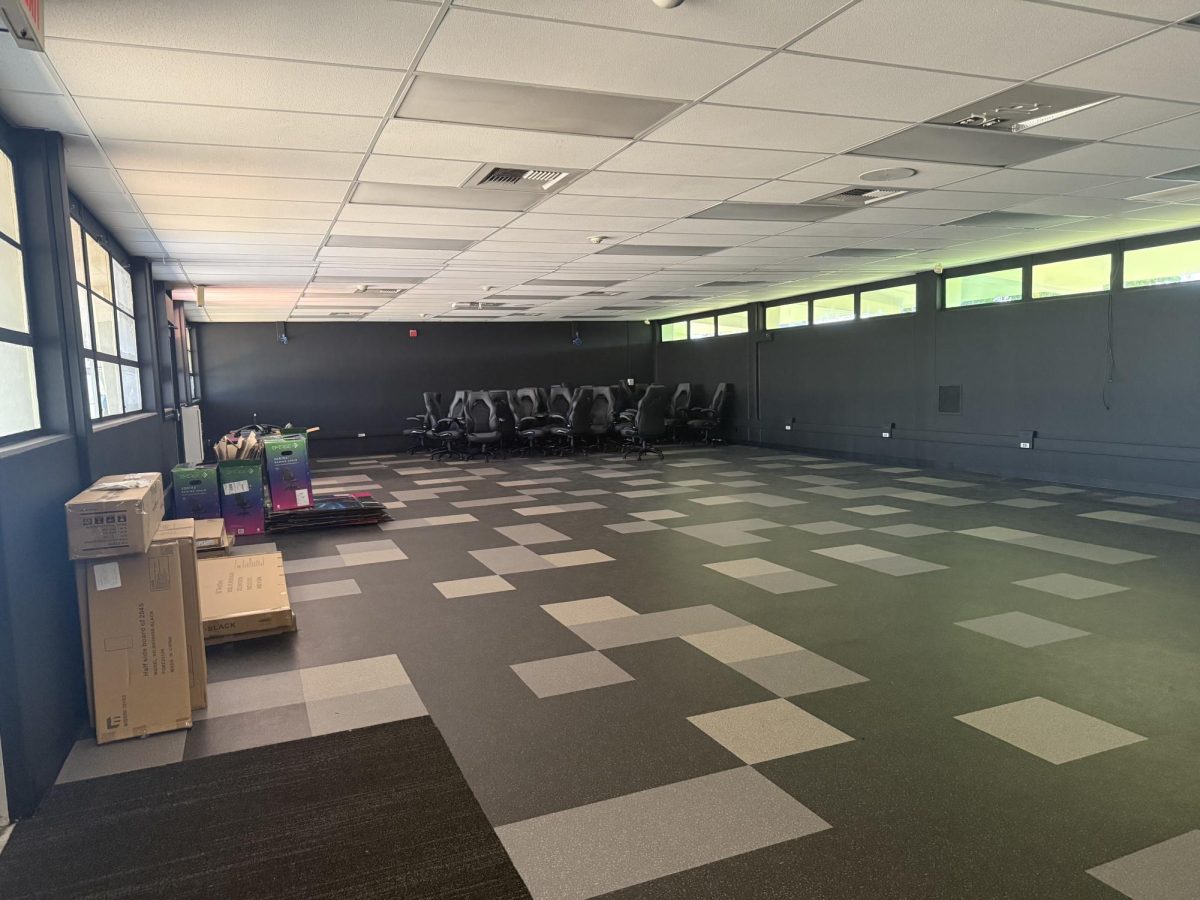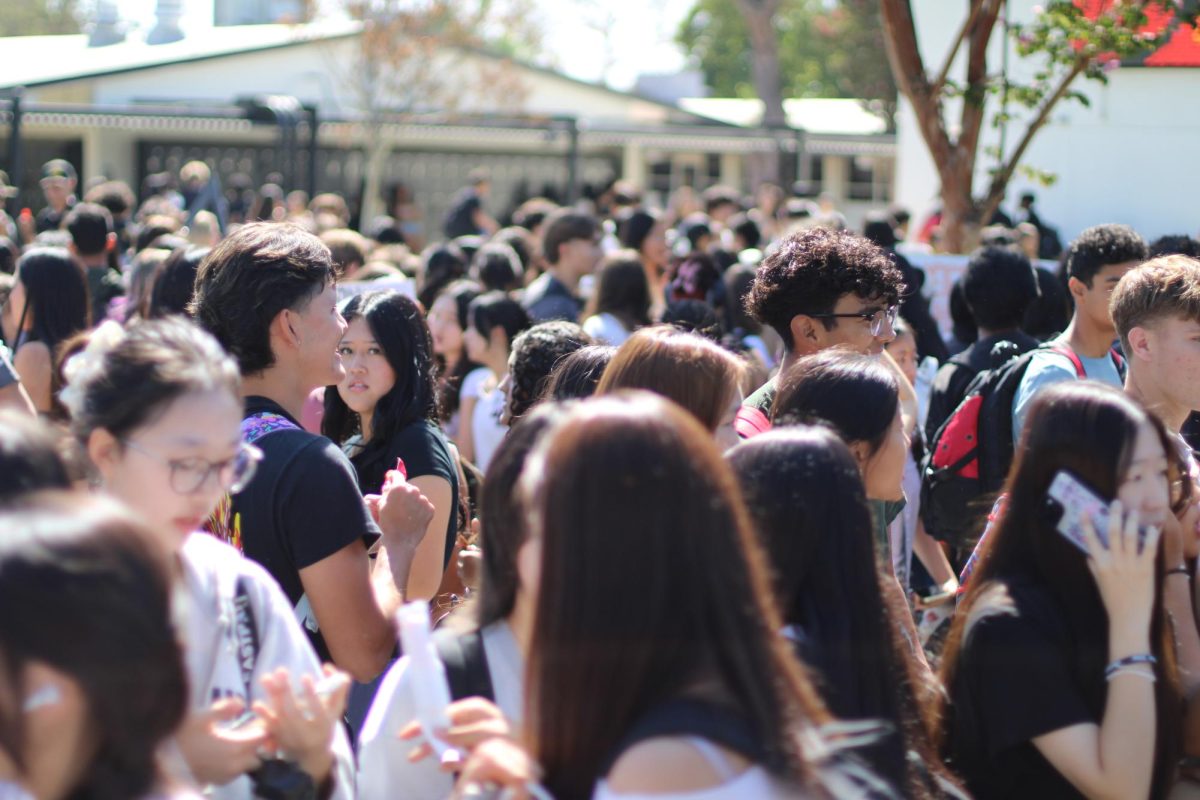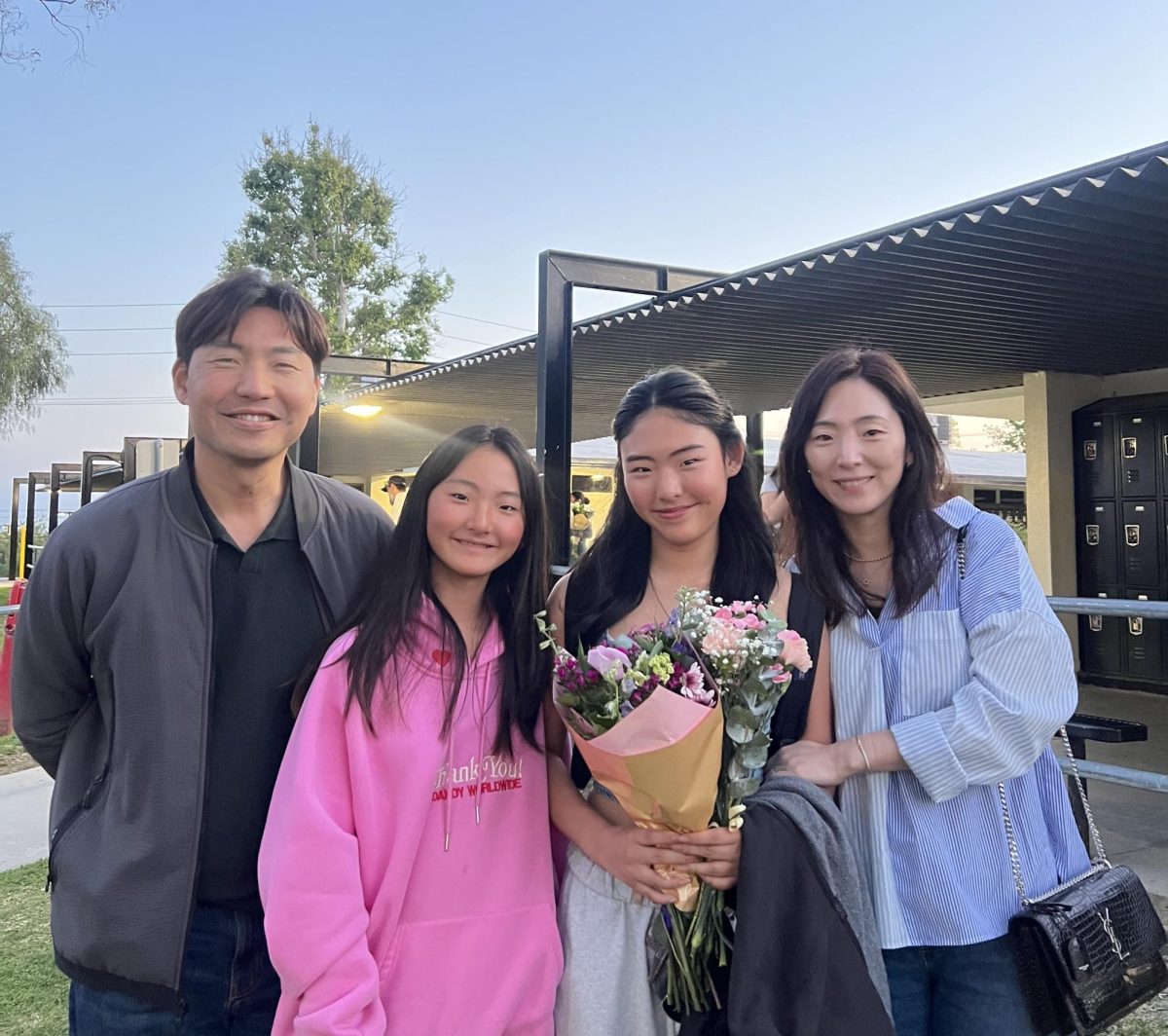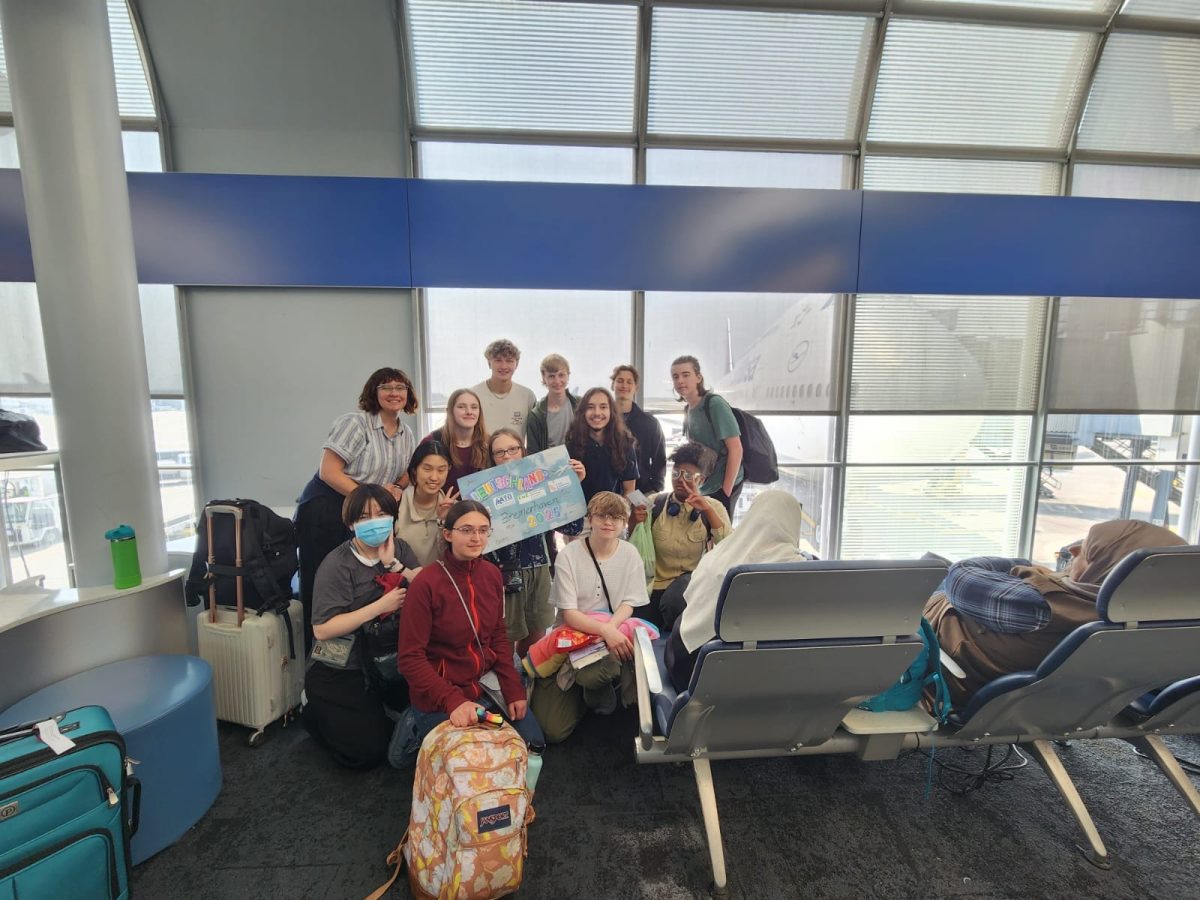A trellis is a gardening structure that guides climbing plants, such as vines or beans, as they grow.
Serving as a pillar for young greenery, it helps foster their development, and English teacher Scott Rosenkranz said he hopes Trellis, his app, can support students in a similar way.
“My ultimate hope is that Trellis will enable school-wide teacher efficacy in terms of how they engage and assess students in the classroom,” Rosenkranz said.
The passion project began in 2014, when he and his web developer business partner and church friend, Jacob Bullock, made a similar app for iPads called Oncore. Rosenkranz said they decided to scrap their Apple version and go web-based after seeing how the release of Chromebooks made Google more popular in schools.
“The process was long and drawn out due to the realities of life: growing families and full-time jobs,” he said.
After 10 years of hard work, the English teacher said he and his partner were finally ready to test the app in Rosenkranz’s first period International Baccalaureate [IB] English class.
After using it for about three weeks as of Tuesday, Aug. 26, Rosenkranz said he believes Trellis keeps his students more engaged in class.
“I can say confidently that I’m interacting with all my students, because I have the data to prove that I’m not just having a conversation with a couple of kids in class,” he said. “So I hope they feel like they’re getting more attention and individualized feedback.”
One of the app’s tools is a random student selector, which allows teachers to rate student answers on a color scale ranging from red, meaning unwilling to answer, to blue, meaning remarkable job answering.

Junior Lyle Pickavance, who is in Rosenkranz’s first period IB English Higher Level 1 class, said the app has improved class participation.
“I feel like it’s more effective in English class because there’s so much discussion, especially in IB,” Pickavance said.
The app also includes a feature that lets teachers note individual learning needs if students do not understand a concept or require accommodations. This reminds instructors of core competencies and allows them to support struggling students, Rosenkranz said.
Instructors can also use a grouping feature for students with similar or mixed performance levels based on how well they follow lessons.

Rosenkranz said he built these tools into Trellis to improve communication between teachers and students, since not all students offer their opinions or can tell instructors when they are struggling with the lesson.
“I’m sure you’ve been in a classroom where 20% of the students do 80% of the talking with teachers, right?” Rosenkranz said. “Or teachers are just moving along and the only feedback they’re getting is from students that know it already, and students that don’t know it feel lost.”
Junior Zara Shah said Rosenkranz introduced the app to her first period IB English class during the first week of school and agrees that the application has been helpful.
“He said that we would be his guinea pigs for it, and so far, it seems really useful,” Shah said. “It randomizes the seating chart and picks names instead of having people volunteer all the time, which I like.”
Junior Anthony Garcia said he likes how the application encourages him to speak up during English class.
“A lot of times I feel too nervous to share my answers, so being prompted to [answer], and knowing this is random and not targeted helps,” Garcia said.
Besides English class, Shah said she wants the application to be used in participation-heavy classes, such as Spanish, where many students volunteer answers for participation points.
“I think it would be more helpful in bigger classrooms, because our IB English class is really small, so he cycles through all the students and mostly everyone talks anyway,” she said.
Currently, Rosenkranz is testing Trellis through Google and is undergoing a full integration process, in which he and his partner send information about their app to Google, including their privacy policy and videos of how the application works. This process is necessary to allow people to sign into Trellis through their Google accounts.
Rosenkranz is still testing out the app, but said he hopes other educators will be able to use it soon.
“I don’t know if any app is ever finished, but we plan on making our beta product available to any teachers who want to sign up soon after Google gives us the green light,” he said. “From there, we want to develop some of our customization features and reporting features.”




![Students and staff across the Fullerton Joint Union High School District [FJUHSD] received emails promoting a part time job offer with pay. The messages were set from compromised FJUHSD accounts.](https://shhsaccolade.com/wp-content/uploads/2025/09/image1-2-1200x527.png)




